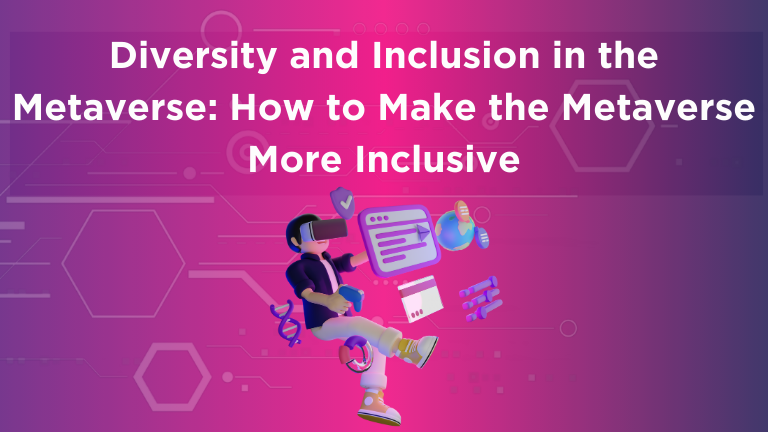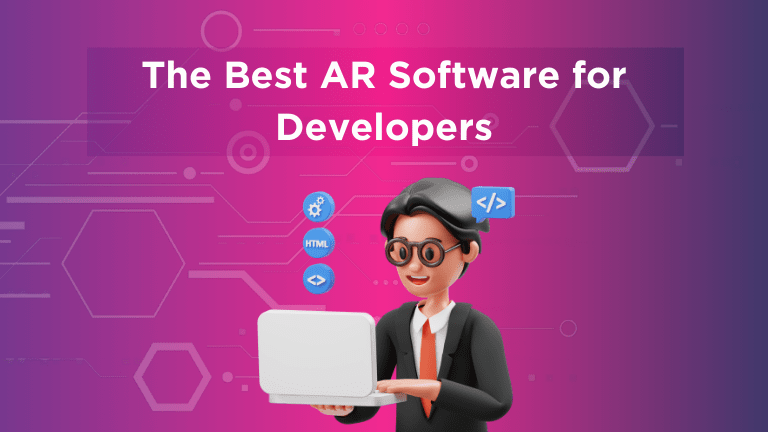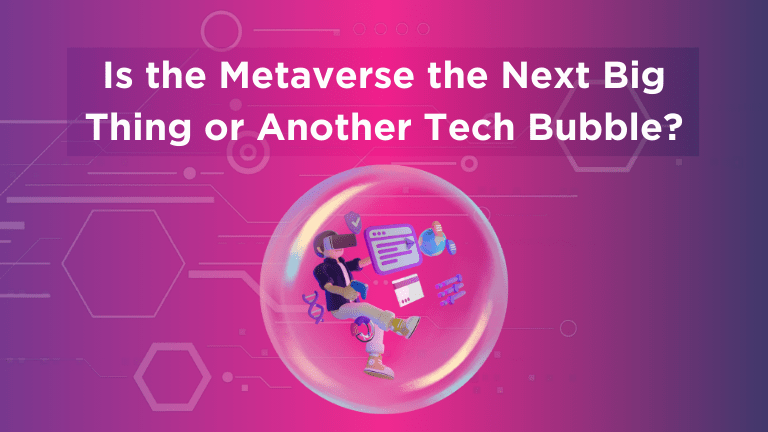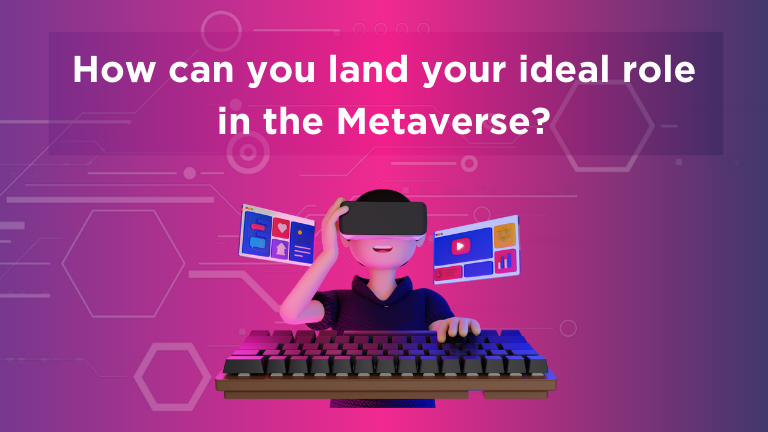Is Metaverse and Extended Reality the Same thing?
Conversations about the Metaverse are ramping up. Wherever you are in the technology landscape, someone is talking about what the Metaverse will do for your industry. The landscape is already set to change how we hire talent, collaborate with team members, and advertise businesses. And communicate with customers.
In a world where everyone seems to know the word “metaverse”, there’s a lot of confusion about what it really is and what it can do. Some people still assume that Metaverse and Web 3.0 are the same things. Many also believe the concept is a new product set to be released by Meta (previously Facebook) in the coming years.
Unfortunately, the press releases, news announcements, and stories published by companies engaging in the Metaverse don’t do much to simplify the landscape. Virtually every VR, AR, or MR world created by a company is now being branded as a new “metaverse”.
So, is XR (Extended Reality) the Metaverse, and vice versa?

What is the Metaverse?
To understand why every AR/VR experience isn’t necessarily a new “metaverse, ” we first need to define the Metaverse. Unfortunately, this is easier said than done. After all, there’s no specific definition of the Metaverse that everyone agrees on. Although groups like the “Metaverse Standards Forum” are working towards a clearer view, we’re still left in the dark.
So, what do we actually know about the Metaverse? It’s being touted as the next generation of the internet. And it’s potentially worth trillions in the eyes of economic analysts. The term “metaverse” comes from an author named Neal Stephenson in a sci-fi novel named “Snow Crash“. The book’s version of the Metaverse is a virtual-reality-based successor to the internet. So, it makes sense that many people would assume XR and the Metaverse are one and the same.
However, the actual “metaverse” we’re working towards today is intended to be more than just an XR experience. Many experts, including those working towards the Metaverse standards that will define the landscape in the coming years, believe the Metaverse is simply a shared digital experience accessed through various innovative tools.
The idea is that the Metaverse will create a more connected digital community based on concepts like decentralization (web 3.0), the blockchain, artificial intelligence, and extended reality. However, you won’t necessarily need an AR/VR system to access the Metaverse. Early-stage metaverse experiences like Fortnite and Roblox demonstrate extended reality is simply a tool to make engaging with the Metaverse more immersive. It’s not necessarily a core component of the experience.
Are AR/VR Worlds Metaverses?
Creating an AR world or VR environment doesn’t automatically mean you’ve created a “metaverse”. The hype around the term “metaverse” has led to many confusing branding and marketing schemes from companies trying to leverage the latest trend. Plenty of companies building their own XR experiences are describing them as “metaverses”, but the reality is XR and the Metaverse rarely goes hand-in-hand. At least for the time being.
If we take a look at some of the current established and emerging “metaverse” platforms available on the web today, such as Decentraland, Axie Infinity, and even the Sandbox. There’s no requirement for any VR or AR technology to take part. Rather, these environments focus on other aspects that help define the Metaverse, like blockchain technologies, decentralized information, and the ability to connect with diversified communities.
A metaverse creates a “virtual world” in many ways, but how we define that world can vary. An experience must not be infused with immersive technology to be a metaverse. Rather, it needs to provide a community of people with a decentralized environment where they can communicate and thrive.
The Metaverse is all about giving power back to the people in the digital landscape. This is why these environments usually include access to decentralized forms of finance and economics, such as NFTs and cryptocurrency. VR and AR worlds, on the other hand, are focused on delivering a specific experience in a unique environment. They can be built specifically to draw attention to a specific brand or give communities access to a new space.
However, VR, AR, and even Mixed Reality experiences aren’t “metaverses” on their own. To achieve this title, they need to be able to offer a lot more than just immersive interactions. They must be worlds with their own communities, rules, economies, and ecosystems.
Should the Metaverse and Extended Reality Co-Exist?
Just because the Metaverse and XR aren’t the same things doesn’t necessarily mean they shouldn’t co-exist. In fact, XR is commonly mentioned in discussions of what the future metaverse environment might hold for many consumers. Suppose the purpose of the Metaverse is to build an immersive digital “landscape” where people can interact and engage with things beyond the physical world. In that case, XR could be a valuable tool in achieving the right outcomes.
Mixed, Virtual, and Augmented Reality can all allow people engaging with digital environments to embed themselves further into unique experiences. We’ve already seen countless “metaverse” platforms implement XR initiatives to engage and entertain their communities. For instance, Decentraland and Fortnite already host virtual concerts. The NFTs, land, and virtual avatars created in the Metaverse can also be accessed and enjoyed more thoroughly in an XR space.
There’s a good chance XR will and should play an important role in the future of how the Metaverse is eventually crafted. This is particularly true if companies plan on using the Metaverse to engage with consumers, work in digital environments, and train employees. VR and AR tools have already proven their abilities in each of these areas.
The important thing to remember is that while overlaps are available between the Metaverse and XR, VR and AR worlds aren’t the same as a metaverse. Rather, XR is just one component of what a metaverse could potentially offer.




